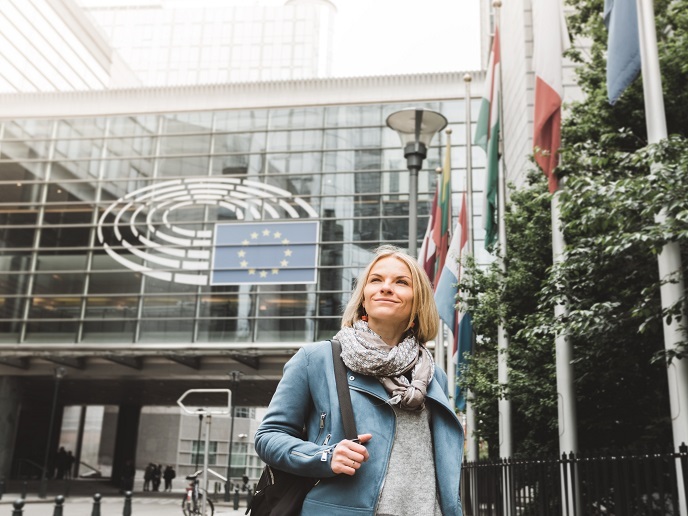Understanding how political groups in the European Parliament shape gender policy
“The European Parliament is often seen from the outside as being a unified actor,” says Johanna Kantola, EUGenDem project leader and professor of European Societies and their Politics at the University of Helsinki in Finland. “People will say, for example, ‘this is what the Parliament does’, or ‘this is what the Parliament says’.” Yet this view glosses over the important role that politically aligned groups play in shaping the politics and policies of the EU. These groups can be made up of members of one or more political parties. Officially recognised groups include the European People’s Party, the Progressive Alliance of Socialists and Democrats, and Renew Europe. The EUGenDem project, funded by the European Research Council, set out to perform in-depth research on the working of several political groups, with the focus on gender. “There is this idea that this is an ‘equality parliament’,” notes Kantola. “We wanted to see if this is really the case.”
Lack of formalised equality procedures
“We didn’t just look at quantitative data, such as voting patterns on gender, but at what really goes on in Parliament on an everyday basis,” adds Kantola. “For this, interviews were the obvious source of data.” Over the course of the project, Kantola and her team interviewed around 140 MEPs and their staff, from eight political groups. The project team also spent days shadowing MEPs and attending meetings. “This was about understanding the informal political structures that are in place, how everyday practices in each political group shape the politics, and how this might be gendered,” explains Kantola. One surprising finding was the lack of formalised practices and procedures relating to equality, at both the institutional and the political group levels. “There is nothing inherently bad about such practices, but viewed through the lens of equality, this can be critical,” says Kantola. “For example, we spoke with one female MEP, who quipped that while women arriving at Parliament for the first time are still looking for the bathrooms, the men are already in top positions.” The researchers also highlighted the specific challenges facing each political group when it comes to addressing gendered inequalities. And, despite their transnational nature, national politics continues to play a major role in many of the groups.
Gender equality at the political group level
These findings have already been communicated to both academics and policy practitioners. A parliamentary workshop was held, to which MEPs and staff were invited. “Our key message here was that progress in gender equality has to happen at the level of political groups,” remarks Kantola. “We also identified specific challenges facing each group, as well as good and bad practices.” The project has also reached out to scholars and citizens, with ‘European Parliament’s Political Groups in Turbulent Times’, an open access book. This publication analyses and assesses the role and significance of political groups in EU politics. In response to the huge amount of interest in the project, Kantola and her colleagues also published the ‘Guide to Qualitative Research in Parliaments’, which focuses on the investigations conducted by EUGenDem. “This is targeted more at academics, and explains how we gathered and analysed the data,” she explains. EUGenDem has also helped to shine a light on the importance of the European Parliament on the future of Europe. “I think our research can help citizens understand that Parliament is a place where things happen,” notes Kantola. “Whenever there is a crisis, it is played out in Parliament. Our research also very much focuses on the human element of Parliament – this is a living institution that really matters.”
Keywords
EUGenDem, MEPs, elections, political, parliament, gender, equality



